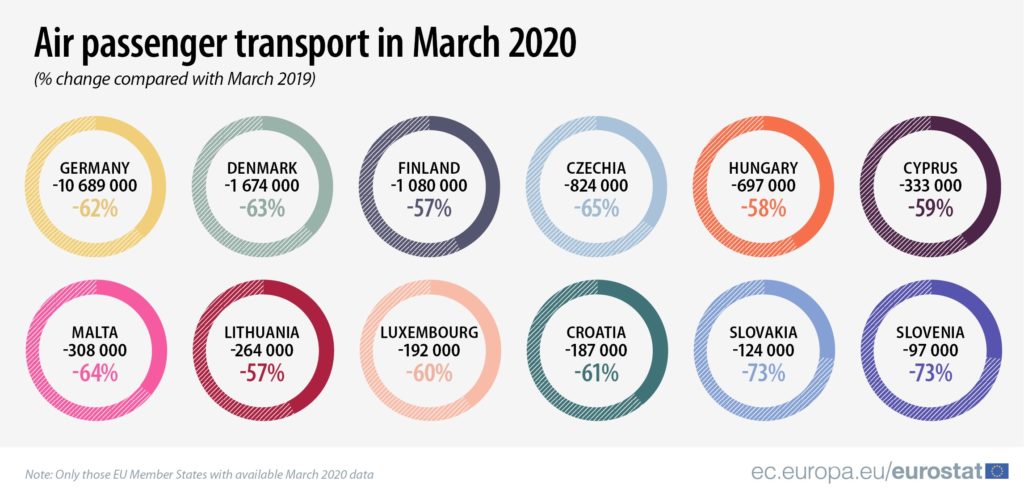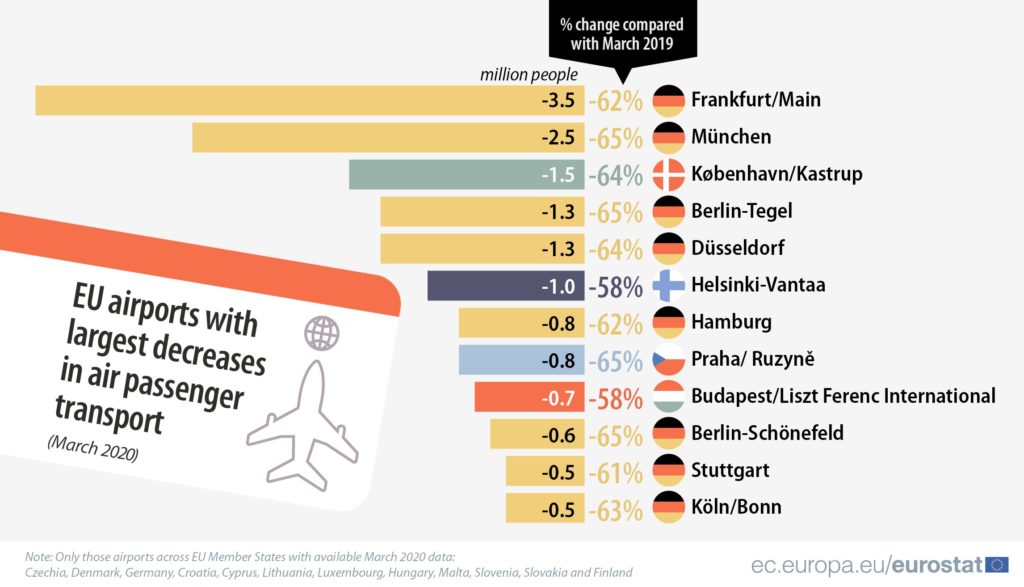Catalonia’s regional government has asked millions of people to “stay at home” as the area experienced a resurgence in coronavirus cases.
It is not a legal order, but instead a “strong recommendation” intended to control contagion and avoid a full-blown lockdown.
The authorities notified 1,300 new daily cases on Thursday, most of them in Barcelona and the metropolitan area.
Around four million people in the Barcelona metropolitan area have been requested to only leave home for essential reasons, with cinemas, theatres and nightclubs also closing.
Restaurants and bars are now limited to half capacity, a ban on visits to elderly people’s homes has been implemented.
The Catalan government also announced new social distancing measures for 15 days that will limit gatherings to 10 people.
The measures concern the city of Barcelona and its surrounding areas, towns and cities and will initially be in place for two weeks.
Until the measures are finalized, both city and regional authorities agree that the situation in the Catalan capital is worrying. “We have started to have cases in other neighborhoods of Barcelona that are further away from the outbreak zone,” said Jacobo Mendioroz, the head of the Covid-19 monitoring unit in Catalonia.
Israel
Israel has reimposed some lockdown measures following a vigorous second surge in the number of coronavirus infections, putting in place stringent weekend shutdowns in which shops, hairdressers and attractions will be closed.
Gyms and fitness studios will also be closed at all times, while restaurants, which opened again in May, will return to takeaways and deliveries only. All indoor gatherings of 10 or more people will be banned.
Tighter restrictions will also be introduced including the closure of stores, beauty salons, museums and tourist attractions on the weekends. Starting later this month, beaches will also be closed to the public on weekends, the government said.
“We are making every effort to avoid a general lockdown,” Prime Minister Benjamin Netanyahu said at a Thursday evening Cabinet meeting.
- If you are looking for a job in Prague, check our new job section here
- Time to move to a new flat? Rents with no commission here!
- Want to advertise your business on Prague Morning? Contact us at [email protected]
To prevent the spread of the COVID-19 pandemic, countries around the world have taken a variety of restrictive measures.
First 2020 numbers already show their significant impact on air transport for all 13 EU Member States according to an analysis conducted by the European Statistical Office (Eurostat): Czech Republic, Denmark, Germany, Croatia, Italy (see country note), Cyprus, Lithuania, Luxembourg, Hungary, Malta, Slovenia, Slovakia, and Finland.
Prague Airport is one of the most negatively affected airports in Europe: the number of passengers fell by more than 800,000, amounting to a drop of 65 percent year-on-year.

Prague Airport, together with Berlin’s Tegel and Schönefeld airports and Munich Airport, showed the largest percentage decrease when it comes to passengers handled. All four hubs had about 65 percent fewer travelers in March.
However, when considering absolute numbers, the number of passengers fell the most in Frankfurt by a total of 3.5 million.

“None of the dozen EU airports shows a deeper percentage drop in the numbers of checked-in passengers than Prague’s airport,” said economist Lukáš Kovanda from the Czech Fund.
He also added that in January and February of this year, the number of passengers handled at Prague Airport was higher year-on-year, exceeding the value of one million in both months.
Whilst the number of air passengers in some of these EU Member States started to decrease already in February 2020, the number of passengers at least halved in all of them in March 2020.
Compared with March 2019, the largest decreases in numbers of passengers were observed in Italy (-85%, -11.9 million (see country note)), Germany (- 10.7 million passengers carried, -62%), Denmark (-1.7 million, -63%), Finland (-1.1 million, -57%), Czechia (-0.8 million, -65%) and Hungary (-0.7 million,

